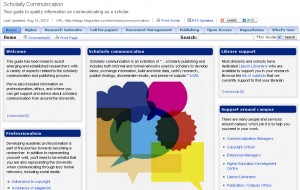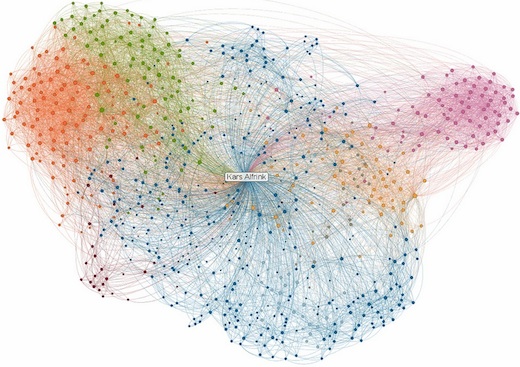Yes, the heading is somewhat facetious, but the first UK-based rival to the massive open on-line courses (MOOCs) Udacity, Coursera and EdX has been announced. Led by the Open University, 12 UK universities will offer on-line courses for free from 2013, though details are sketchy at this stage. Martin Bean, the OU’s Vice-Chancellor, says that MOOCs have the potential to revolutionise access to higher education and that “we want to be well positioned” (as quoted by the BBC report).
Given that the Open University has literally millions of people accessing its course materials each year, which are open to all and licensed with Creative Commons for re-use, the move makes sense in that they may be able draw more of those potential students into some more formal means of engagement. Early indications are that they will follow one of the models offered by the US MOOCs, where access is open but you pay for an optional certificate for a course or for an invigilated examination. One challenge for this consortium – as with the others – will be how to balance the cost to students for the on-line courses against that of on-campus students, who in the UK face a real cost of up to £100,000 for a degree, a government report has revealed, once interest payments are counted.
The other lingering question is whether students in on-line courses will be able to gain credit towards qualifications. This, as Mr Bean says, is the “big frontier” for on-line education in the MOOC era where the cost to students is driven down by their numbers and organisations see less tangible but no less significant value in the reputation and brand benefits ‘open access’ will bring.



